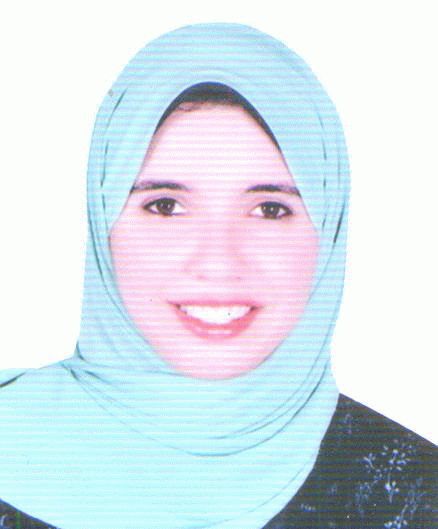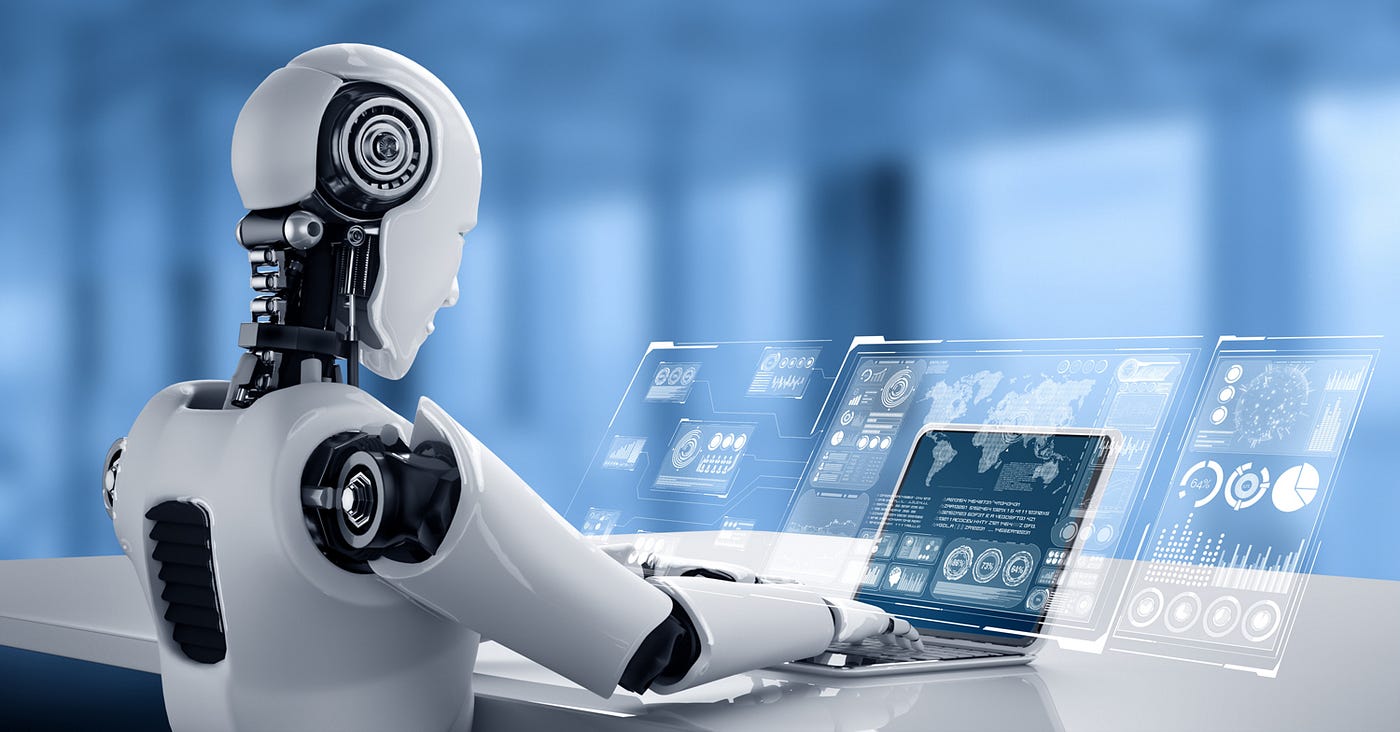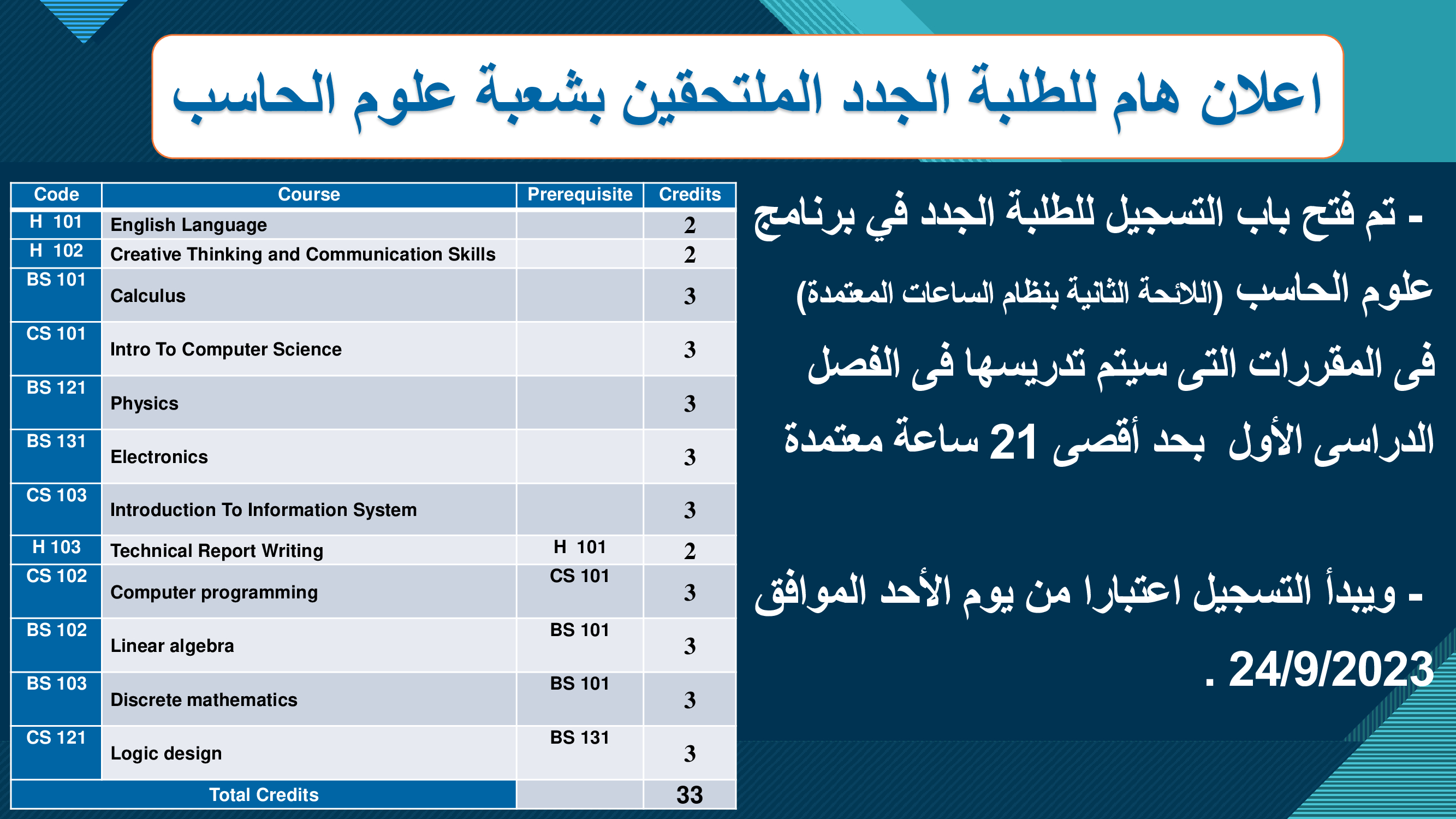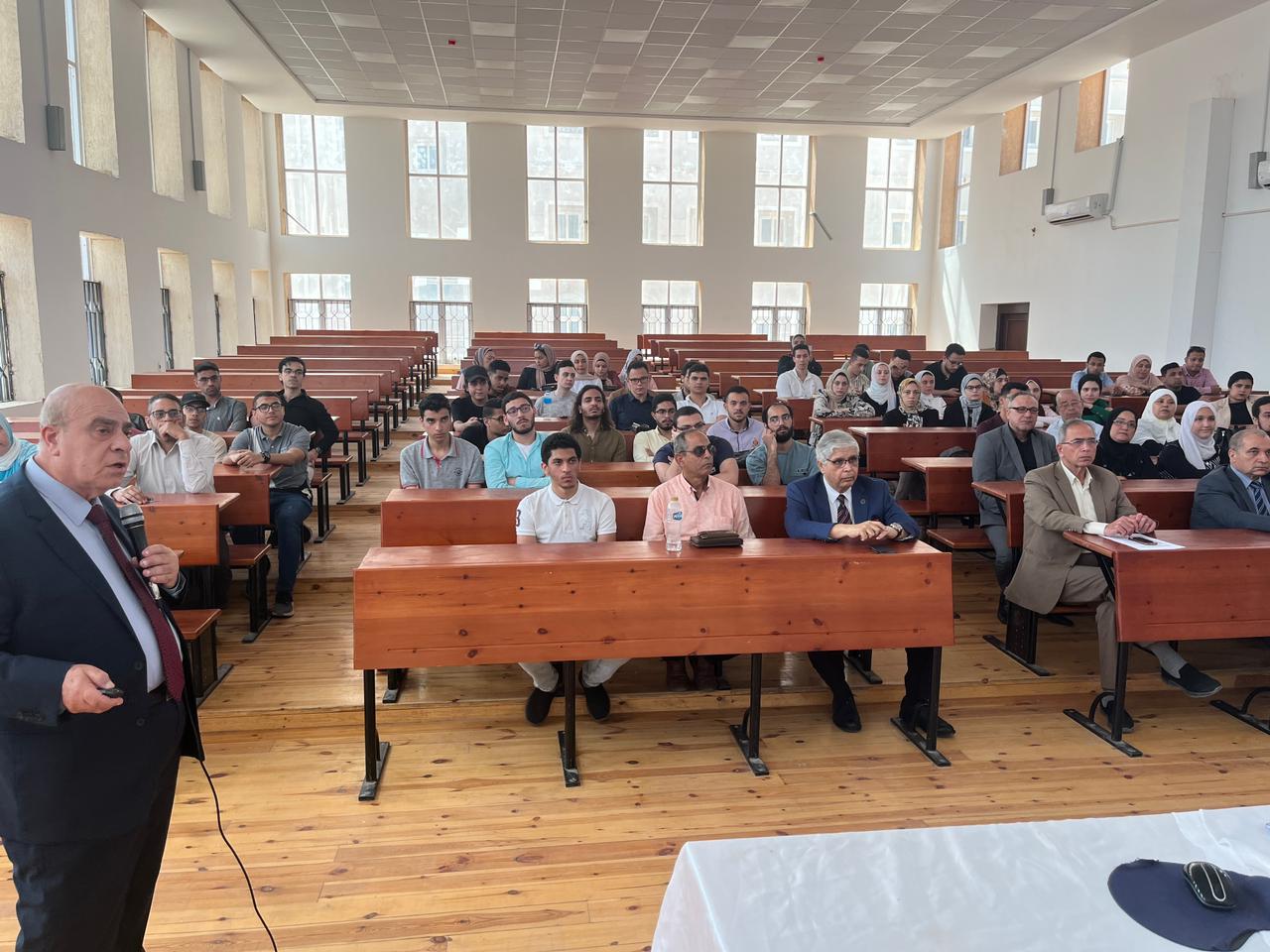كلمة رئيس الشعبة
أود أن أبدأ بتوجيه الشكر والتقدير لكم جميعًا كأعضاء في شعبة علوم الحاسب. إن تفانيكم واجتهادكم قد جعل من شعبتنا مكانًا رائعًا للتعلم والنمو. دورنا في الشعبة هو توجيهكم ودعمكم في رحلتكم الأكاديمية والمهنية. ونهدف إلى توفير بيئة تعليمية تحفزكم وتساعدكم على تطوير مهاراتكم وقدراتكم في مجال علوم الحاسب. نحن ملتزمون بتقديم التوجيه الأكاديمي اللازم وتوفير فرص تعليمية شاملة تتيح لكم النجاح والتفوق. للطلاب، أود أن أشجعكم على استغلال هذه الفترة الرائعة في حياتكم الأكاديمية. شعبة علوم الحاسب تقدم لكم مجموعة واسعة من المقررات والبرامج الأكاديمية التي تغطي مختلف مجالات علوم الحاسب الحديثة . استفيدوا من هذه الفرصة لاكتشاف اهتماماتكم وتطوير مهاراتكم في مجالات مثل البرمجة، هندسة البرمجيات ،قواعد البيانات، الشبكات، الذكاء الاصطناعي، تعلم الالة ، معالجة الصور الرقمية ، انترنت الاشياء ، أمان الحاسبات ، وغيرها. تذكروا أن العمل الجاد والمثابرة ستكونان المفتاح لتحقيق نجاحكم المستقبلي. وبالنسبة للخريجين، أهنئكم على إتمام رحلتكم الأكاديمية وتخرجكم من شعبة علوم الحاسب. أنتم الآن مؤهلون ومتخصصون في مجال علوم الحاسب. نعلم تمامًا التحديات التي تواجهكم في سوق العمل ، ولكننا نريد أن نطمئنكم بأن لديكم المهارات والقدرات اللازمة لتحقيق النجاح. استخدموا المعرفة والخبرات التي اكتسبتموها خلال فترة دراستكم للاندماج في سوق العمل وتحقيق تأثير إيجابي في المجتمع. شكرًا لكم جميعًا على التزامكم وعملكم الجاد. نحن متحمسون للعمل معكم جميعًا ورؤية نمو ونجاح كل واحد منكم.

أ.م.د/أحمد العباسي
The software industry is vast and diverse, providing numerous career opportunities for individuals with a Bachelor's degree in Computer Science. Here are some of the fields and roles within the software industry where computer science graduates can work: Software Development: This is a broad field that involves designing, coding, testing, and maintaining software applications. Roles within software development include: a. Software Engineer: Develops, designs, and implements software applications and systems. b. Web Developer: Specializes in creating websites and web applications. c. Mobile App Developer: Focuses on developing applications for mobile devices. d. Game Developer: Designs and develops video games for various platforms. Data Science and Analytics: Involves the analysis, interpretation, and visualization of large datasets to derive valuable insights. Roles in this field include: a. Data Scientist: Uses statistical and machine learning techniques to analyze data and make predictions. b. Data Analyst: Focuses on examining data to identify trends and patterns. c. Business Intelligence (BI) Developer: Creates reports and dashboards to assist in decision-making. Artificial Intelligence and Machine Learning: Involves developing algorithms and models that enable computers to perform tasks without explicit programming. Roles include: a. Machine Learning Engineer: Designs and builds machine learning systems and models. b. Natural Language Processing (NLP) Engineer: Focuses on developing systems that understand and process human language. c. Computer Vision Engineer: Works on applications involving image and video analysis. DevOps and Cloud Computing: Focuses on streamlining the development and deployment of software applications. Roles include: a. DevOps Engineer: Combines software development with IT operations to improve efficiency. b. Cloud Engineer: Manages cloud-based infrastructure and services. Cybersecurity: Involves protecting computer systems and networks from security breaches and attacks. Roles include: a. Security Analyst: Monitors and responds to security incidents. b. Penetration Tester (Ethical Hacker): Assesses the security of systems by attempting to exploit vulnerabilities. Quality Assurance (QA) and Testing: Focuses on ensuring software products meet quality standards. Roles include: a. QA Engineer: Designs and executes test cases to identify and report defects. b. Test Automation Engineer: Develops automated test scripts to speed up testing processes. UX/UI Design: Involves creating user-friendly and visually appealing interfaces for software applications. Roles include: a. UX Designer: Focuses on user experience and usability of software products. b. UI Designer: Designs the graphical elements and layout of user interfaces. These are just some of the fields where computer science graduates can work in the software industry. The industry is continuously evolving, and there are always emerging technologies and specialized roles that may become relevant over time. It's essential to stay updated on the latest trends and technologies to excel in this dynamic field
1. to develop, in a flexible and progressive structure, students' knowledge and understanding of fundamental areas of computer science such as: algorithms, design and analysis, computational theory, computer architecture and software based systems, with the ability to use this knowledge to devise, specify, design, implement, test, document and critically evaluate computer-based systems 2. To provide students with a sound understanding and how to apply mathematics, science to real world problems; as well as to analyze and interpret data 3. To provide students with the analytic skills necessary to effectively evaluate the relative merits of software and computer systems, and algorithmic approaches. 4. To provide students with a sound understanding and how to apply a wide range of principles and tools of software engineering, such as design methodologies, choice of algorithm, language, software libraries and user interface technique. 5. To equip students with state-of-the-art knowledge and understanding of algorithms and data structures, computer organization and architecture, programming language concepts, networks, artificial intelligence, graphics, natural language processing, data mining, human computer interfaces, and databases, and identify and define the computing requirements for its solution. 6. To give students the opportunity to deepen their technical expertise in Designing, implementing, and evaluating a computer-based systems, process, component or program. 7. To develop the students' ability to use knowledge and understanding in the modeling and design of computer based systems in a way that demonstrates comprehension of the tradeoff involved in design choices. 8. To prepare students for working effectively in teams in designing and implementing software systems and to equip them with management skills to be able to carry out a work plan with minimal supervision 9. To develop the students understanding of the key ethical, moral, legal issues affecting computer science and their responsibilities as computer science professionals. 10. To develop the students' ability to communicate, present and document ideas and concepts clearly and in an organized manner. 11. To equip the students' with independent learning skills and encourage an appreciation of the importance to computer science professionals of continuing professional development and lifelong learning
| أ.د / محمد صلاح الدين السيد متولى | عميد المعهد |
| أ.د / محمد صقر | عضو |
| أ.م.د / أحمد العباسي | رئيس المجلس |
| أ.م.د / مجدي الحناوي | عضو |
| أ.م.د / طارق صبح | عضو |
| أ.م.د / عبداللطيف حسين | عضو |
| د / محمد مصطفى | عضو |
| د / محمد حسين | عضو |
| د / صلاح عليوه | عضو |
| د / طارق عبدالعظيم | عضو |
| د / أسامة شفيق | عضو |
| د / شيماء عثمان | عضو |
| د / مروة مصطفى | عضو |
| أقدم معيد بالشعبة | (دورياً) |
| الأول على الفرقة الرابعة |
.jpeg)














































.jpeg)


.jpeg)
.jpg)



